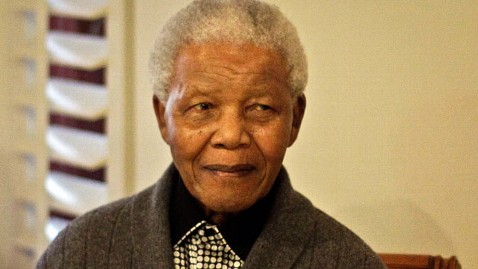As the public mourns the passing of Nelson Mandela and reflects on his legacy as a freedom fighter and fierce engine for radical political change, there is another — often quieter in the international coverage — fight Mandela took on as his own: reproductive justice for South Africa’s women.
As Ilyse Hogue writes at the Nation, the country’s constitution — heavily shaped by Mandela — included gender, sex and pregnancy right alongside race as impermissible grounds for discrimination. As Hogue notes, the addition of pregnancy in these terms was and remains unique, and its meaning was made explicit in South Africa’s Bill of Rights, which reads:
Everyone has the right to bodily and psychological integrity, which includes the right
a. to make decisions concerning reproduction;
b. to security in and control over their body; and
c. not to be subjected to medical or scientific experiments without their informed consent.
More from the Nation:
This official recognition that gender equality requires embracing reproductive freedom remains a high-water mark of international law. This important commitment was foreshadowed by a law passed months before the constitution went into effect. The Choice on Termination of Pregnancy law — which replaced one of the most restrictive abortion laws in the world with one of the most liberal and humane — allows South African women full autonomy to decide when to terminate a pregnancy in the first trimester, complete with financial assistance if required. (Abortion is also allowed within widely defined exceptions in the second trimester.) With this act, President Nelson Mandela transformed the lives of millions of South African women.
…
Mandela’s intimate experience with poverty and oppression showed him that reproductive freedom was intrinsically tied to economic security. Thus, this Nobel Peace Prize winner known worldwide for his pursuit of human equality chose as one of his first acts of elected leadership to cement that fundamental cornerstone of women’s equality into law.
[I] was fascinated to see in all the press coverage of Mandela’s death how little was said about his legacy of advancing abortion rights. … Tribute after tribute has unfolded with this chapter deleted, leaving all the successes and gains for South African women invisible. I am not going to bow to that pressure to hold my tongue. I will praise Mandela loudly and proudly for refusing to leave women behind. And if enough of us do so, maybe someday soon all women can be assured the respect and freedom that Mandela fought to bring to the women of South Africa.

